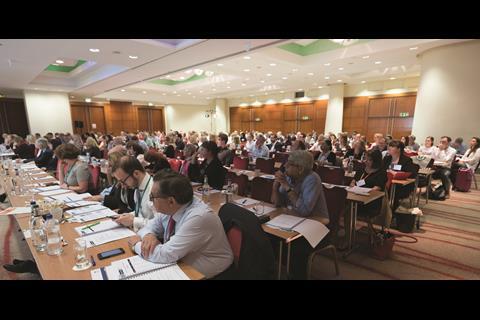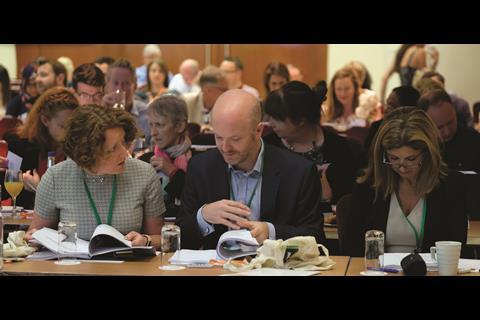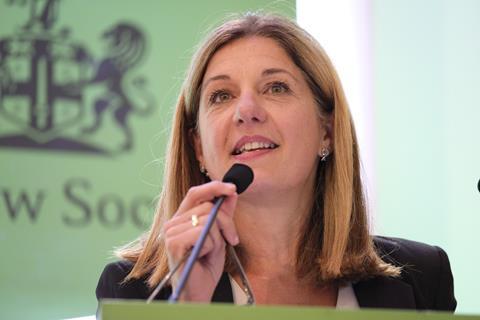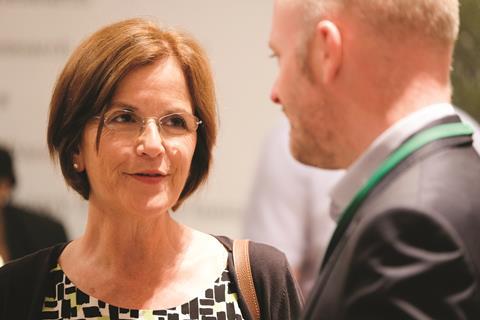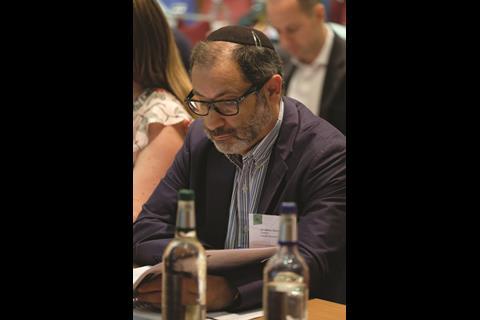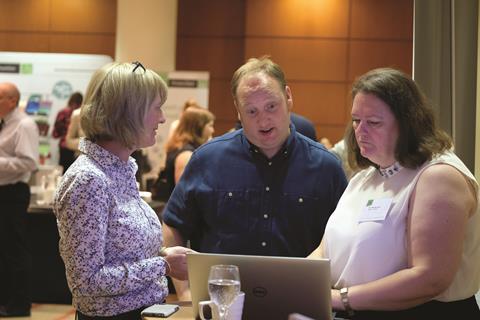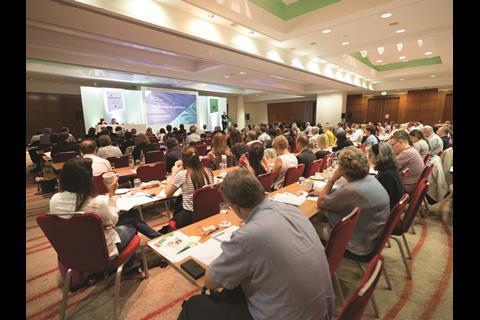Private Client Section committee member Charlotte Pisuto rounds up the highlights of the Section’s annual conference, held in London on 29 June, and introduces our conference special edition
As we sat down with our morning coffees, Alexander Drapkin of 5 Stone Buildings kicked off the conference with an update on tax planning. He reported that there have been no major changes to capital taxes over the last year (phew!), so he would instead focus on the overlooked area of the tax-efficient settlement of claims under the Inheritance (Provision for Family and Dependents) Act 1975. We all know that settling disputes out of court can be more cost-effective and better for all parties, but careful planning can also mean that settlements are more tax-efficient, Alexander explained. The provisions for reading back in the Inheritance Tax Act 1984 can be utilised to the benefit of all parties – although it may be necessary to obtain an order from the court where there are minor children or you are out of time for the reading-back provisions to apply.
A change of tone followed, with a more informal interview with Paul Lewis by John Hyde, deputy news editor of the Law Society Gazette. Paul is an award-winning financial journalist and broadcaster, and described as one of the best commentators on financial matters. Paul confirmed that he had recently instructed two solicitors, and commented that ‘there are times in life when you need a solicitor, and I’m a great fan’. It’s good to know that an esteemed financial expert and someone in the public eye recognises the work done by solicitors, particularly in this age of increased competition from the unregulated sector.
Paul sympathised with firms faced with complying by the new price transparency requirements. In the financial sector, he said, only around one in 20 financial advisers have all fees published on their websites, and only one in seven have anything about fees at all. A great fan of fixed-fee arrangements, Paul said that in his view, these are the future, but he appreciated that where they are not available, an indicative fee is helpful to the public.
Lesley King looked at everyone’s favourite acronym, GDPR
The usual break-out workshops then took place, offering delegates a choice between elderly client care, pensions, contentious probate, business and agricultural property relief, and the role of the tax system in building the UK’s cultural patrimony. We saw some new faces in Philip Whitcomb, partner at Moore Blatch, and Anastasia Tennant, senior advisor at the Arts Council, as well those who come back every year, such as Helen Clarke, solicitor on the Private Client Section committee; Thomas Dumont, barrister at Radcliffe Chambers; and Luke Brooks, director, and Paul Garwood, partner, both at Smith & Williamson.
Lunch provided a time to relax and re-fuel while meeting new people or catching up with friends and current or former colleagues. It was also a time to chat to exhibitors, enter raffles and grab bags of freebies (who doesn’t love free chocolate?). It was only my second annual conference since joining the Private Client Section, and on both occasions, I have been struck with how welcoming our members are. As I steer clear of contentious work, I don’t often meet any private client solicitors outside my firm. The Section really has opened up a whole new network for me.
Melinda Giles, a solicitor on the Private Client Section committee, started the afternoon by giving us an insight into the otherwise hidden world of the Law Society Council. Like many others in the profession, I had no idea, until my recent involvement with the Section, what went on behind closed doors at the Law Society. Melinda explained how Council is structured and how its meetings work. She also explained that this is currently a period of change, and there is no guarantee that the Private Client Section will continue to be represented. As we represent a significant proportion of the profession, it’s little wonder that Melinda is keen to ensure that the seat on Council is kept for the foreseeable future.
Following the afternoon workshops, we heard from Lesley King, with her usual informative update on all things private client. She looked at everyone’s favourite acronym, GDPR, and its application in relation to trustees, personal representatives (PRs) and beneficiaries. We also heard about the recent Harris v HMRC [2018] UKFTT 204 (TCC) case, where a PR who had attempted a ‘DIY’ estate administration now faced a significant inheritance tax bill to pay personally. Lesley also reminded us of the changing ISA regulations.
As in other years, there were interactive questions at various intervals throughout the day which will help to guide what is delivered to Section members throughout the next year; it’s always good to hear your views and concerns.
Thanks to Fiona Heald who chaired the day, and to all of the Section committee members who assisted. A special thanks also to our Law Society colleagues, who worked tirelessly to ensure the conference was a success.
